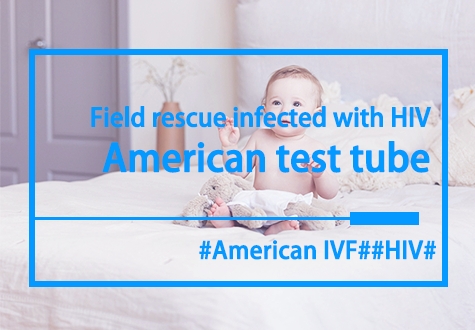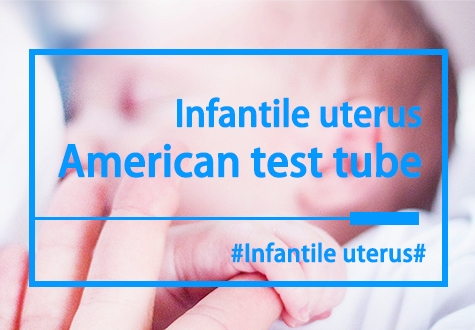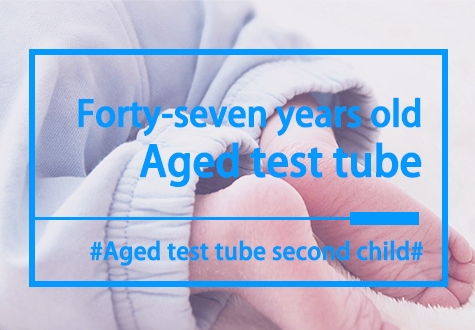How much HCG is needed to confirm pregnancy during IVF?
An IVF HCG level of 25 mIU/ml or above can be considered a sign of pregnancy. However, it should be noted that HCG levels may be low in the first few days after fertilization, so pregnancy may not be confirmed at this time. It is usually recommended to perform the first HCG test 7-10 days after fertilization to detect pregnancy in time.

When should HCG testing be performed?
After IVF, the first HCG test is usually performed 7-14 days after fertilization. If the HCG level shows signs of pregnancy, the doctor will usually arrange more tests to confirm the pregnancy and regular prenatal examinations.
Normal range of HCG after IVF
After test tube transplantation, the normal range of HCG values varies due to individual differences and different detection times. Generally speaking, if the HCG value is greater than 5mIU/ml, it may indicate pregnancy; but at this time, the HCG value is low and further observation is needed. As the gestational age increases, the HCG value will gradually increase. Under normal circumstances, the HCG value tends to double in the early stages of pregnancy. If the HCG value continues to rise and the doubling is good, then it can be preliminarily judged that the embryo has successfully implanted and the possibility of pregnancy is high.
The level of HCG is not the only criterion for determining pregnancy. Sometimes, although the HCG value is normal, the embryo may not develop successfully due to other reasons (such as chromosomal abnormalities, poor uterine environment, etc.). Therefore, after the test tube transplantation, in addition to paying attention to the changes in HCG values, it is also necessary to combine other indicators (such as progesterone levels, B-ultrasound examination results, etc.) for a comprehensive assessment.
How to improve pregnancy rate after IVF?
The pregnancy rate after test tube transplantation is affected by many factors, including embryo quality, uterine environment, endocrine level, etc. In order to improve the pregnancy rate after test tube transplantation, patients can start from the following aspects:
1. Maintain good living habits and mentality, avoid excessive fatigue and emotional fluctuations;
2. Follow the doctor's instructions, take medicine and injections on time to ensure stable endocrine levels;
3. Pay attention to dietary nutrition and eat more foods rich in protein, vitamins and minerals;
4. Conduct regular prenatal examinations to promptly identify and address potential problems.
HCG level can be used as an important indicator of IVF pregnancy, which is crucial for confirming pregnancy and evaluating pregnancy status. Understanding the meaning and changing patterns of HCG indicators can help patients understand their own conditions in a timely manner and seek medical treatment in a timely manner. If you are undergoing IVF treatment, please pay close attention to changes in HCG levels and perform tests and treatments as recommended by your doctor.














